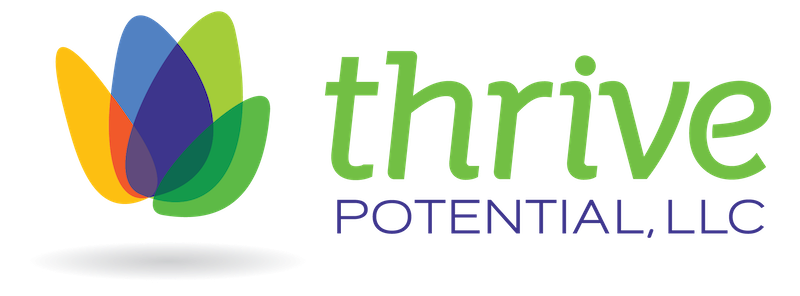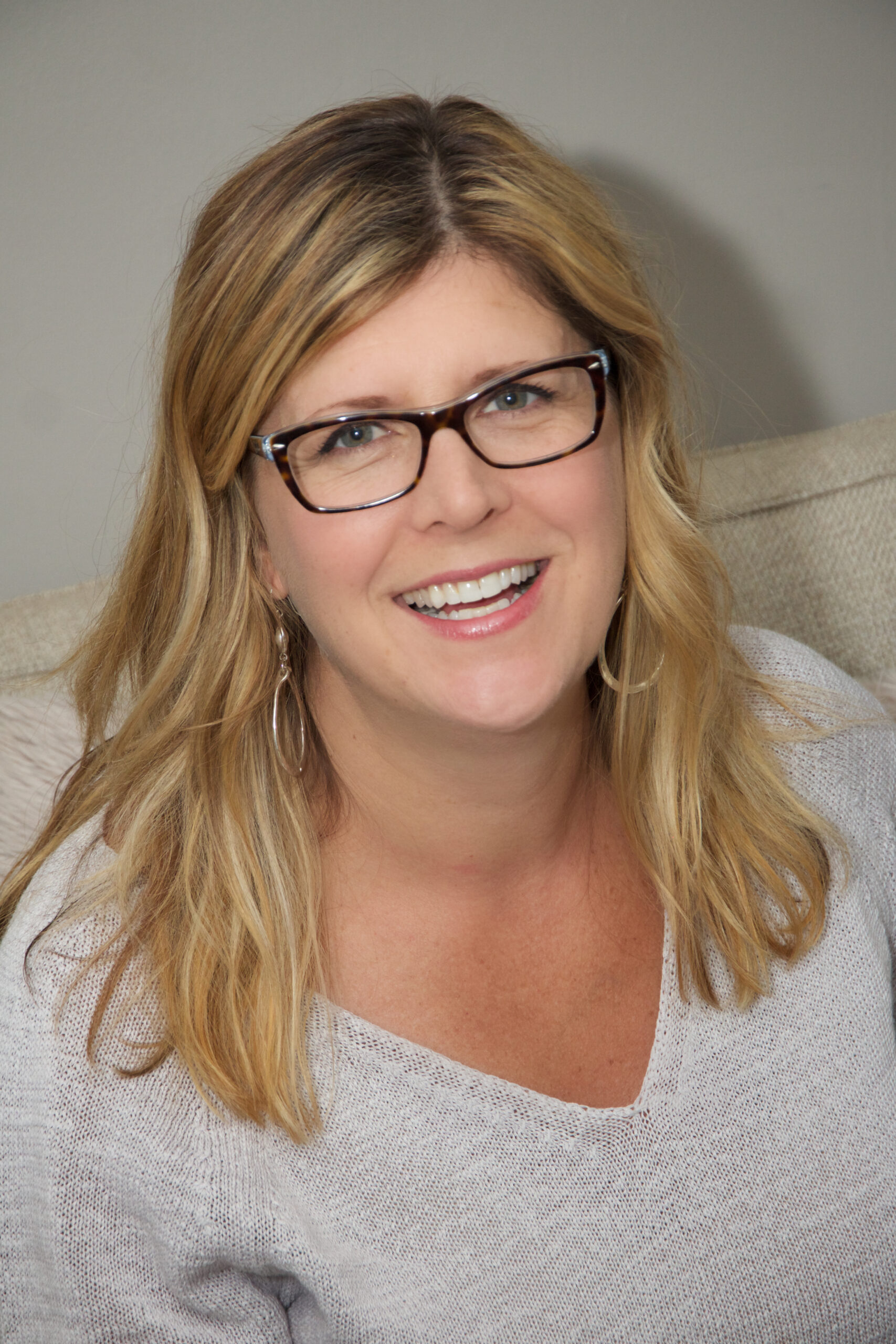You know this moment, right? When you meet someone at a networking event, they tell you their job title–something in supply chain, perhaps—and it’s something you know but not something you understand. Time is short so you feign clarity, while wondering, “How does one make a supply chain?”
Professional development coaching is another one of those functions. Most people know it’s a thing, but until having gone through it, they don’t fully understand what it is, how it works, or when it makes sense to do it. That’s especially understandable when you consider:
- There are several types of coaches—business coaches, career coaches, life coaches, financial coaches, wellness coaches, spiritual coaches
- Anyone can call themself a coach—there are no regulations or requirements to be a coach
- Every coach has their own style of coaching—when you combine the above two points with each coach’s personality, there is even less consistency
So here go—everything you’ve wondered about coaching but were afraid to ask:
What is it?
Let’s start with what coaching isn’t. Despite sometimes being interchanged with these terms, coaching is not: advising, coaxing, pushing, problem solving, or teaching. It is not consulting, though it can help address business challenges; it is not therapy, though it can serve as a catalyst for personal transformation.
Coaching, as specified by credentialing body International Coach Federation, is “partnering with clients in a thought-provoking and creative process that inspires them to maximize their personal and professional potential.” Rather than directing, coaching honors coachees as the leading experts in their lives, empowers them to find solutions (i.e., “teaches to fish”), supports their challenges, and celebrates their successes.
While the coaching model can be used in various types of coaching, the more you are focused on a specific application (e.g., financial health or spiritual wellbeing), the more you’re likely to want—and receive—some expert advice. Career coaches can be useful for finding your next gig, business coaches can be great resources for entrepreneurs who want to grow their business. Internally focused goals related to confidence, stress, fulfillment, or fear, are well suited for professional development coaches (those focused on how we show up at work, including executive coaches and leadership coaches) or life coaches (those who focus on our lives outside of work).
How does it work?
A coaching engagement starts by defining the scope and desired outcomes for working together. Most coaching happens in 30- to 60-minute conversations, on the phone, online, or in person. Your coach will listen, reflect, challenge, and probe to help you discover insights, reframe obstacles, identify action steps, and move forward. The work ranges from tactical (i.e., doing something different) to deep (i.e., being different).
When do I do it?
While coaching can be helpful at any time, there is usually a precipitating factor like a career transition, a leadership development opportunity, a desire to make a change, or a need for support. If you want to grow potential in yourself or others, and are ready to invest in the process, it may be the right time.
In my next Two Scoop Tuesday, I’ll share a framework that makes it easy to find your ideal coach.




[…] Coaching is all about the gray. Conversations that begin with the goal of a “yes or no” quickly shift into the gray of “what else?” or “how can I?”. Win-win negotiation moves the black and white of win-lose or lose-lose transactions into the gray of creative problem solving and mutual benefit. Innovation happens in the gray. So does relationship building. […]